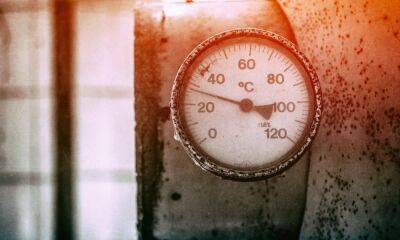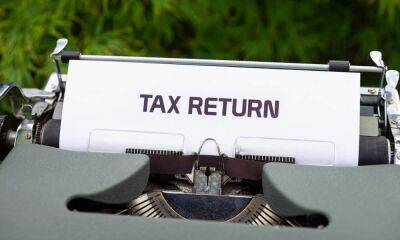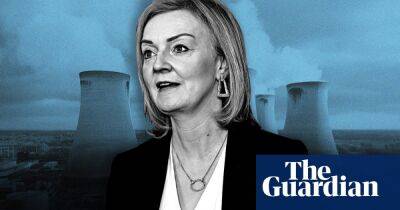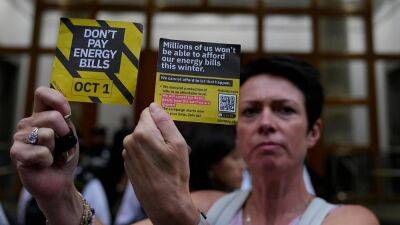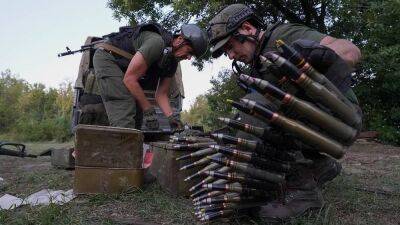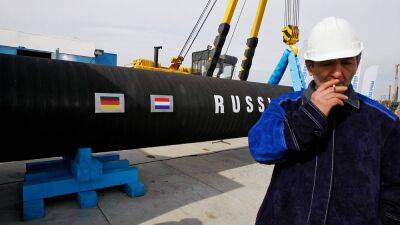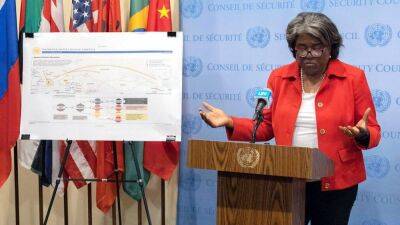'If I want a shower, I boil a kettle': How people in Spain are struggling amid soaring energy bills
Last winter, father-of-two Miguel turned off his electric boiler at his home near Madrid and began putting on extra layers to keep warm.
Rising energy prices and inflation have accelerated a backward slide that the 61-year-old says began a decade ago when his pay was cut.
“If I want a shower, I boil the kettle and shower like that,” Miguel told Euronews. “In summer it’s no problem and to be honest I’ve got used to it in winter, too. As for the heating, I live in a flat, so I get the benefit of the heat from the apartments below.”
He also walks two kilometres to the nearest supermarket and carries home his weekly shop, which is dominated by own-brand products.
“I cook a big stew and it lasts me," added the journalist. This is how I’ve been making ends meet up to now. I don’t know what’s around the corner."
Miguel is not alone. Many across the country are having to tighten their belts as already rising energy costs have been exasperated by the war in Ukraine and Russia's decision to reduce gas supplies to Europe.
In the six years to 2020, the average household paid €780 a year for electricity. But that's risen to an annual bill of €1,371, according to the Spanish consumer organisation OCU, with a rise of 65.8% in energy prices since last August alone.
That's having a knock-on effect on food prices. OCU says the average food shop is 15.2% more than in August 2021.
“We did a study of 280 food products in 1,100 supermarkets and found 94% of products have risen in price, which shows how far-reaching the crisis is," said Enrique García, a spokesman for OCU.
As with Miguel, Orlando, a bass guitarist who lives 50 kilometres from Madrid, also tries to make large quantities of food that will last him.
“I’ve learned to cook and that has
Read more on euronews.com
 euronews.com
euronews.com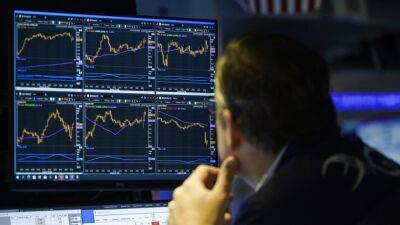



![Why Terra Classic [LUNC] may be poised for a 10% dump in the next few days](https://finance-news.co/storage/thumbs_400/img/2022/9/24/42236_r4p.jpg)
